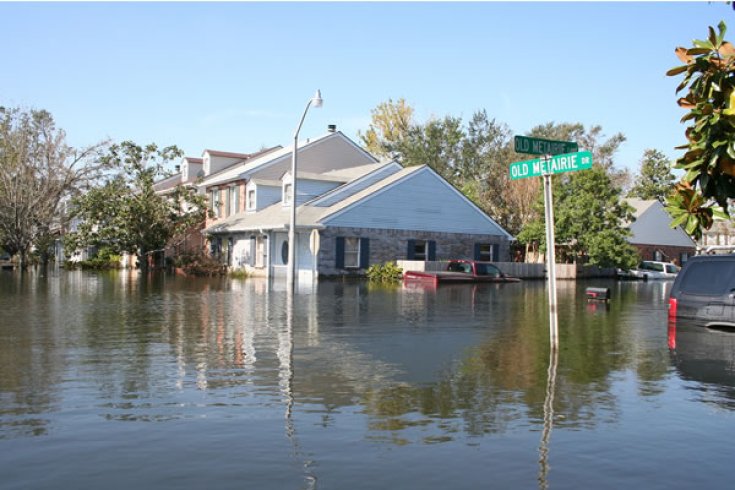The Biggest Factors That Affect Water Quality
Water is one of our most vital natural resources, and its quality must always remain relatively high due to varying factors. Leak Detection of Atlanta looks at which factors most affect our water quality and why ensuring access is essential for life itself; additionally, we will address how emergency plumbers and plumbing services play a pivotal role in protecting it.
Source of Water
Your source of water supply is one of the primary determinants of its quality, from rivers to lakes to underground wells to reservoirs - each one boasts different contaminants and minerals; surface waters like rivers are more vulnerable to human activities compared to wells where groundwater tends to filter naturally through layers of soil and rock before reaching your tap.
Water Treatment Processes
Once collected from its source, water must go through treatment processes to remove impurities and contaminants, including filtration, chemical disinfection, and mineral addition for taste or health purposes, and mineral addition. These treatment processes directly influence water quality - proper care in maintaining an up-to-date facility is key to ensuring its safe drinking water supply.
Aging Infrastructure
Our water infrastructure - pipelines and distribution systems - is essential in protecting water quality. Unfortunately, many cities and municipalities face problems caused by outdated infrastructure that threatens contamination in their supply. Cracked pipes, corrosion damage, and leaks may introduce contaminants into the drinking supply - hence why regular plumbing service upgrades must take place to address such problems as soon as they arise.
Chemical Contaminants
Many different chemical contaminants can harm water quality, including pesticides, industrial chemicals, and pharmaceuticals that find their way into bodies of water sources through improper disposal practices. Water treatment plants must, therefore, be equipped to detect and eliminate these substances to guarantee safe drinking water supplies for everyone.
Microbial Contaminants
Bacteria, viruses, and parasites pose an incredible danger to water quality; polluted drinking water poses serious health hazards that must be properly addressed through treatment and disinfection to eliminate harmful microbes that threaten public health. Should you suspect contamination with harmful organisms in your supply, immediately contacting a reliable plumber or plumbing service should address the situation as quickly as possible.
Natural Minerals and Elements
While certain natural elements and minerals are vitally important, excessive levels can compromise water quality. Iron or manganese build-up, in particular, may alter taste and aesthetic qualities. Water treatment facilities must carefully balance natural elements for optimum water quality.
Location
Water quality can differ significantly based on where you reside. Different regions possess unique geological traits that impact their composition. For instance, areas with more limestone content in their soil may experience harder water due to higher calcium and magnesium concentrations in its composition. Knowing your local water quality conditions is crucial to address any specific concerns effectively.
Agriculture and Industry Activities
Both agriculture runoff and industrial discharge can introduce contaminants into water sources. Fertilizers, pesticides, and chemicals used in farming may seep into groundwater or pollute local rivers and lakes, affecting water quality; industrial processes may release harmful pollution into our water supply, causing contamination issues. Therefore, strict regulations and responsible practices are crucial to minimize such problems.
Climate Change
Climate change is becoming an increasing risk to water quality. Alterations to precipitation patterns and temperatures may alter water availability and quality; increased rainfall can contribute to runoff pollution while extended drought can concentrate contaminants into drinking sources - so adapting to such climate-related challenges is vital to maintain water quality standards.
Human Activities and Awareness
One of the greatest factors affecting water quality is human behavior, whether that means proper disposal of household chemicals, maintaining septic tanks properly, or conducting responsible agricultural practices that foster better water quality. Raising awareness on this important subject as part of one's own duty to maintain it is also crucial.
Leak Detection of Atlanta
At Leak Detection of Atlanta, our highly trained team is focused on keeping your water clean and safe by offering comprehensive plumbing services. Our expertise includes detecting and repairing leaks within your plumbing system to avoid contamination or water wastage; with cutting-edge technology at their fingertips, we quickly identify any problems or potential concerns so your household's drinking water stays pure and safe for consumption.











